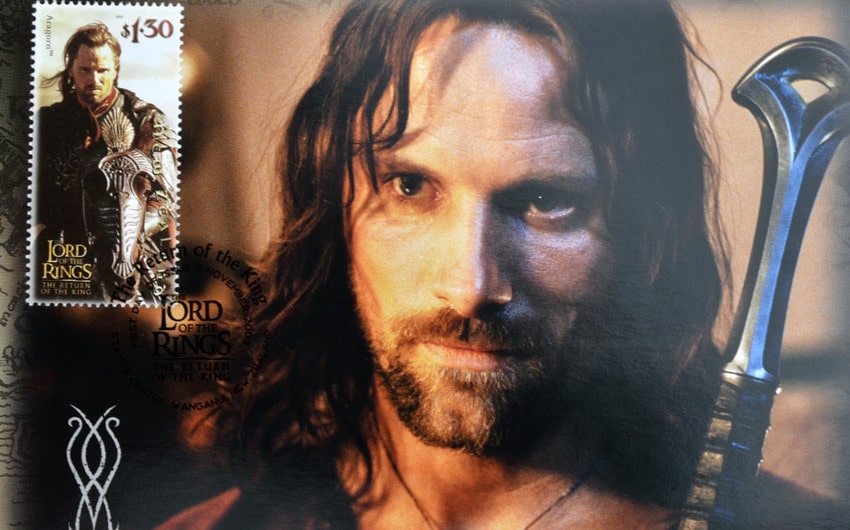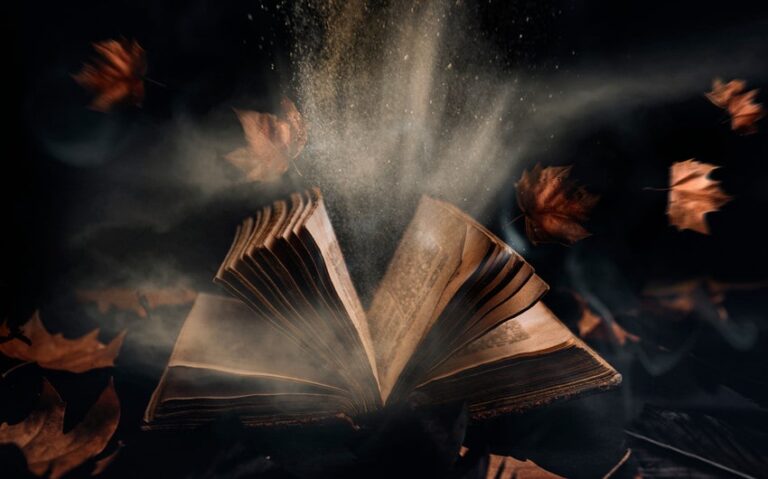Discover Aragorn Name Meaning and Its Deep Fantasy Roots
Names hold deep meaning, especially in literature, where they often reflect a character’s journey and destiny. Aragorn, one of the most iconic figures in The Lord of the Rings, carries a name rich in history and symbolism.
Whether you’re a fan of Tolkien’s world or simply curious about its origins, understanding Aragorn name meaning offers insight into the depth of his character. Rooted in themes of leadership, strength, and heritage, his name perfectly aligns with his role as the rightful king. In this article, we’ll explore its origins, symbolism, and lasting impact on fantasy literature and beyond.
Origins and Meaning of the Name Aragorn
The name Aragorn is one of the most recognizable in fantasy literature, largely due to The Lord of the Rings by J.R.R. Tolkien. Unlike many traditional names with real-world etymologies, Aragorn is an invented name, crafted by Tolkien with deep linguistic and historical influences.
Linguistic Roots
Tolkien, a philologist, meticulously created languages and names for his characters, often drawing from Old English, Old Norse, and other ancient tongues. Aragorn’s name appears to be inspired by Old Norse and Gothic languages, as well as Elvish (Sindarin) influences from Tolkien’s world-building.
- The “Ara-” prefix in Sindarin, an Elvish language developed by Tolkien, often signifies nobility or high status.
- The “-gorn” component is believed to be derived from Old Norse, possibly linked to gorn, meaning “eager” or “valiant.”
- Some theories suggest a link to the Gothic word gairns, meaning “desirous” or “yearning,” which could symbolize Aragorn’s longing for his rightful throne.
Thus, Aragorn can be interpreted as “Noble King” or “Royal Valor”, reflecting his lineage as the heir to the throne of Gondor.
The Evolution of the Name in Tolkien’s Writing
Tolkien was known to revise names throughout his writing process. Early drafts of The Lord of the Rings used different names for Aragorn, including Trotter, referencing his role as a wandering ranger. As his character evolved from a mere ranger to the future king, the name Aragorn solidified, embodying the grandeur and destiny of his character.
By the final version of The Lord of the Rings, Aragorn II Elessar became his full royal name, with Elessar meaning “Elfstone,” given to him as a symbol of renewal and unity between Men and Elves.

Image source: Pinterest
Symbolism and Cultural Significance of Aragorn
Aragorn’s name is more than just a collection of letters—it embodies leadership, sacrifice, destiny, and the burden of kingship.
1. Aragorn as a Symbol of Kingship and Nobility
The name Aragorn is closely tied to his status as the heir of Isildur, the legendary king of Gondor. His name reflects his rightful place on the throne, but also the long and arduous journey he must undertake to claim it. Unlike rulers who inherit power easily, Aragorn spends much of his life proving his worth before taking his rightful place as king.
His reluctance to claim the throne echoes real-world historical figures who were reluctant rulers, burdened by the weight of leadership. His noble name reflects his noble character, proving that true kingship is not just about bloodline but about the courage to lead.
2. The Meaning of Aragorn’s Name in His Personal Journey
Names in literature often reflect a character’s personal evolution. Aragorn starts as Strider, a mysterious ranger living in the shadows. As he embraces his heritage, his true name becomes more significant, signifying his transformation into a leader.
- “Ara-” (noble) represents his birthright.
- “-gorn” (valor, eagerness) represents his courage and readiness to fulfill his duty.
His name itself is a prophecy of his growth from exile to king, making it a powerful literary device in Tolkien’s storytelling.
3. Aragorn as a Cultural and Literary Archetype
Aragorn’s character and name fit within the “Rightful King in Exile” archetype, which appears throughout literature and history. Similar figures include:
- King Arthur – A hidden heir destined to reclaim his throne.
- Odysseus – A wandering hero returning to reclaim his rightful place.
- The Lost Prince trope – Seen in fantasy and historical narratives where a hidden royal figure returns to restore order.
Aragorn’s name, steeped in these legendary themes, connects him to this timeless storytelling tradition.
Aragorn in Literature and Mythology
1. Tolkien’s Inspiration for the Name Aragorn
Tolkien was deeply influenced by Norse mythology, medieval literature, and ancient languages when constructing names. Aragorn’s name likely draws inspiration from:
- Old Norse and Gothic names – Many characters in Tolkien’s world bear names inspired by Viking and Anglo-Saxon history.
- The Icelandic Sagas – Heroes in these sagas, such as Sigurd or Beowulf, share Aragorn’s qualities of valor and nobility.
- Medieval Kings and Exiles – Aragorn mirrors figures like Alfred the Great, an English king who lived in exile before reclaiming his kingdom.
2. Aragorn’s Connection to Legendary Heroes
Though unique, Aragorn’s name and character align with famous mythological figures:
- Sigurd (Norse Mythology) – A dragon-slaying hero known for his wisdom and kingly destiny.
- King Arthur – Raised in secret, Arthur only takes the throne after proving himself, much like Aragorn.
- Robin Hood – A wandering ranger defending the weak, akin to Aragorn’s life before becoming king.
Tolkien, a scholar of mythology, infused Aragorn’s name with these legendary qualities, making it a bridge between real-world myths and Middle-earth’s history.
Modern Popularity and Usage of the Name Aragorn
1. Aragorn as a Given Name
Unlike some fantasy names that have become common (such as Aria or Luna), Aragorn remains a rare name in real life. However, some parents inspired by The Lord of the Rings have chosen it for their children.
- The name occasionally appears in baby name registries, especially among Tolkien fans.
- Aragorn is more commonly used in gaming handles, usernames, and fantasy-based communities rather than as a birth name.
2. Aragorn’s Influence on Pop Culture and Fantasy Writing
The name Aragorn, even if not widely used, has left a lasting impact on fantasy storytelling. Many modern fantasy authors draw from Tolkien’s rich naming traditions:
- Jon Snow (Game of Thrones) – A rightful heir raised in exile, much like Aragorn.
- Eragon (The Inheritance Cycle) – The protagonist’s name is likely inspired by Aragorn’s name structure.
- Anduin Wrynn (World of Warcraft) – A young prince-turned-king following Aragorn’s noble path.
The structure of fantasy names has been shaped by Tolkien, and Aragorn remains an iconic example.
3. Aragorn’s Enduring Popularity in Fan Communities
Aragorn is beloved in fan circles, cosplay, and gaming communities. The name frequently appears in:
- RPG character names (Dungeons & Dragons, World of Warcraft, Elder Scrolls).
- Cosplay and fan conventions, where Aragorn remains a popular character to portray.
- Fantasy literature discussions, where his name is analyzed for its mythological depth.
Even though Aragorn is not a mainstream baby name, it holds legendary status in the fantasy genre, ensuring its continued recognition for generations.







